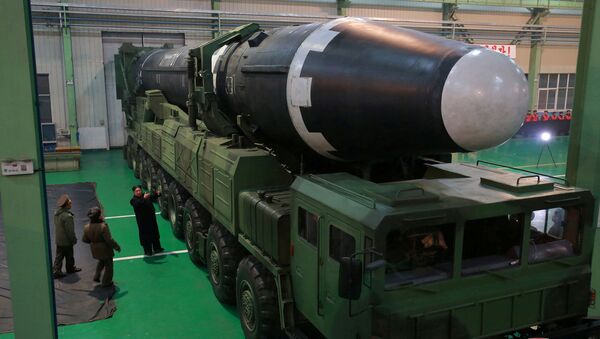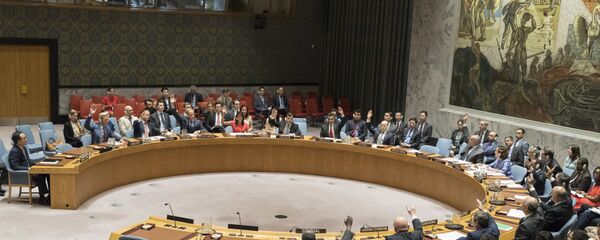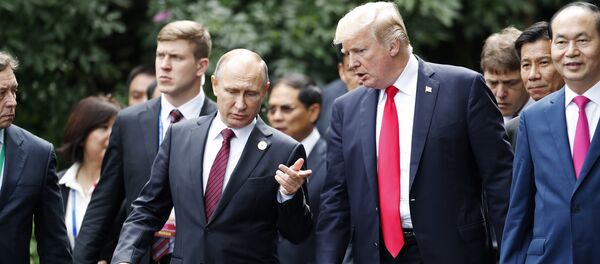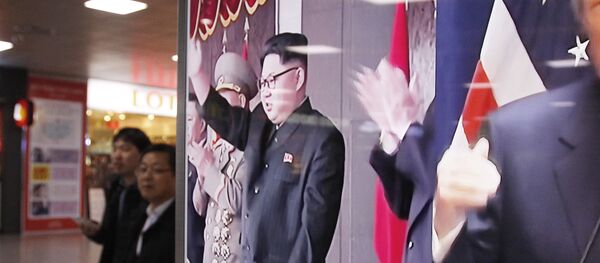The telephone call followed President Putin's annual year-end press conference, in which the Russian leader voiced his opposition both to Pyongyang's nuclear program and to US provocations in the region. Putin stressed that it was critical to act "very carefully" when dealing with the issue of North Korean nuclear weapons.
The phone call, and Putin's press conference remarks, followed on some confusion in Washington earlier this week about whether the US was shifting its North Korea policy. On Tuesday, Secretary of State Rex Tillerson appeared to imply that the US was willing to start negotiations with Pyongyang without any preconditions. Hours later, the White House issued a statement indicating that the administration's policy on North Korea "has not changed." On Friday, Secretary Tillerson said that the US would continue to exert pressure against Pyongyang, and would not accept any preconditions for negotiations.
"It was certainly something that stood out from the annual press conference," Brown said. "President Putin really gave quite strong criticism of the US position, indeed saying that the US had provoked North Korea's actions. Many people are coming around to the view that that's essentially correct."
At the same time, the observer noted that "the US policy of maximum pressure on North Korea has clearly not led to the results they were looking for. The hope that North Korea could be persuaded to turn toward denuclearization has not happened. Instead, North Korea has been incentivized to try and gain full nuclear capabilities as quickly as possible."
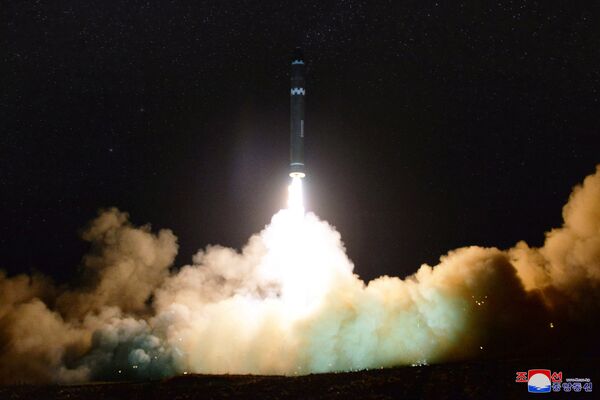
Sputnik: Later, during their phone call, Putin and Trump agreed to exchange information and possible initiatives on North Korea. Do you think this signifies a step forward in Russia-US cooperation on the matter?
Dr. Brown: It's difficult to know the exact US position, because there's been a lack of clarity on this. But this does seem to indicate that the White House is willing to cooperate on the issue, and it may even be coming around to Russia's position.
So yes, I think this is a positive step. [At the same time,] we shouldn't imagine that there hasn't been any dialogue in the past. At a lower level, US and Russian diplomats have been talking about the North Korean issue.
Dr. Brown: [Tillerson's Tuesday comments] seemed to be a clear break with what the position of the White House and President Trump had been in the past. You remember that previously, President Trump had actually taken to Twitter to criticize Secretary of State Tillerson, saying that dialogue and diplomacy was really a waste of time. So it's interesting…
What we don't know is whether [Tillerson's talk of diplomacy] is now the US position, or whether it's simply the position of Secretary of State Tillerson. That's also particularly interesting, because there's been a lot of speculation about whether Tillerson is going to remain at his job much longer, or whether he might be replaced by someone a little bit more hawkish.
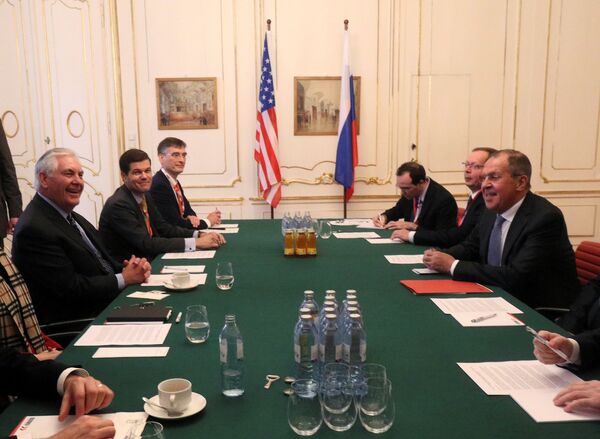
Sputnik: Do you think that the US is really is interested in a resolution to the Korean issue? Will Washington or its regional allies ever commit to a peace settlement?
Dr. Brown: Absolutely. I do think the United States is interested in a resolution to this crisis. North Korea's nuclear weapons are a major concern for the people of the United States. Whilst many members of the international community might differ over tactics, I think that generally there is agreement, including in Washington, that a resolution to this issue is desirable.
Dr. Brown: This was something that President Putin [touched on] directly in the press conference –that he felt it was very inconsistent of the United States to, in his view, demonize Russia, and at the same time ask for their assistance. At the same time however, President Putin did say that Russia was still willing to cooperate with the United States, and that there are many issues on which they can work together. Despite the tensions between the two sides, it is possible that Moscow and Washington will continue to work together on certain issues, North Korea being one, Syria another.
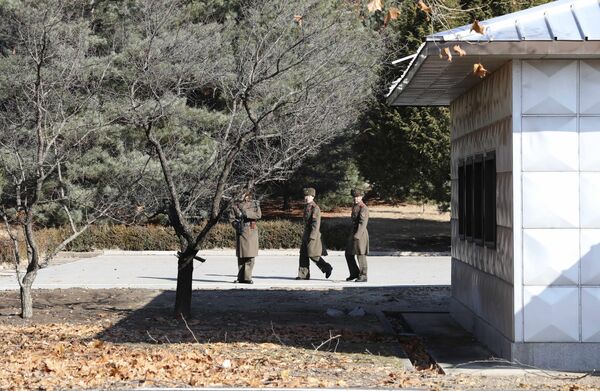
Dr. Brown: The Russian and Chinese proposal on this has been very explicit, and has existed for some months now, and is known as the 'double freeze' or 'freeze for freeze'. The problem might not be easily resolved, but tensions can be reduced by North Korea committing to a freeze on missiles or nuclear weapons, and on the other side, the United States and South Korea agreeing not to hold any large scale military exercises.
This was always rejected by the United States, but the interesting thing about Secretary of State Tillerson's comments, is that there is some suggestion that perhaps he at least is willing to consider that. He mentioned that if there could be a period of calm, a period of quiet, then dialogue would be possible. So perhaps he is not entirely opposed to the Chinese and Russian proposal.
Dr. Brown: President Moon clearly seems to share to a certain extent the view that the maximum pressure policy is not ideally suited to dealing with this issue. He seems to take the view that perhaps not right now, but at some point, dialogue and engagement is the only way to deal with Pyongyang.
That is bringing South Korea closer to the Chinese and to the Russian position. [But] South Korea continues to depend upon the US military for its protection. As has often been the case in the past, South Korea finds itself pulled in two different directions between Washington and Beijing.
The views and opinions expressed by Dr. Brown are those of the expert and do not necessarily reflect those of Sputnik.
